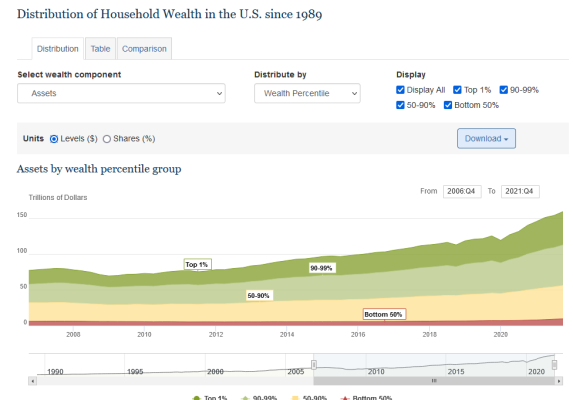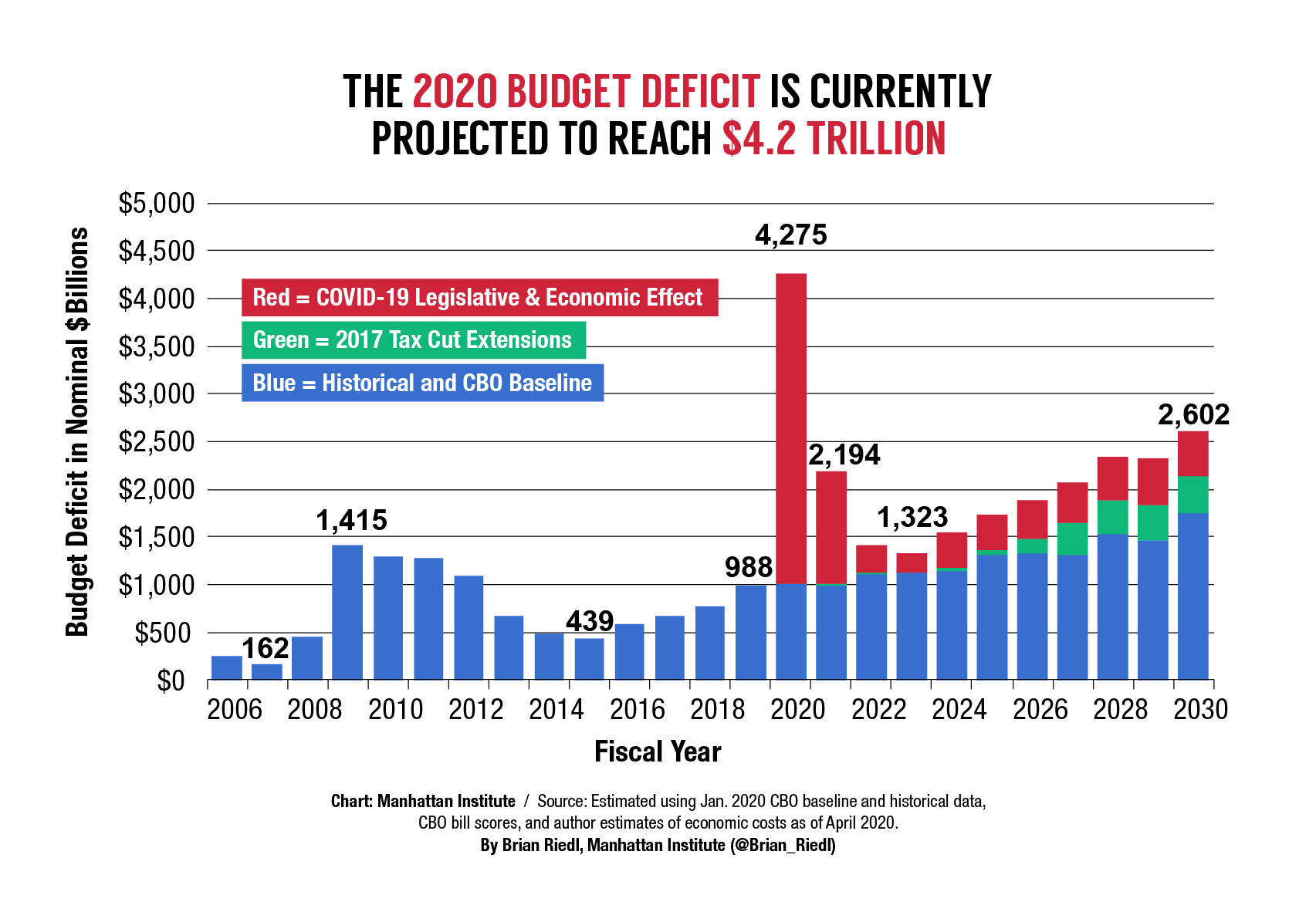VanWinkle
Thinks s/he gets paid by the post
50% of my property taxes go to schools. Beautiful new and remodeled schools. Helps my property value but I have no children. Our roads have huge potholes and the city continues to fill them with some fast-patch stinky tar. And the potholes are back next year.
Taxes, I want transparent, detailed, and specific accounting of where my taxes go and why. I'll pay them, whatever rules or laws they come up with, OK. But I want to know how, where, and when they use my money and why. Someone tell me why that is so hard. We have to explain and document to the IRS our income, and how we spend (to a degree) because our tax bill depends on it. If we donate, send kids to college, remodel our homes, affects our taxes. The report would be mind-boggling, but I want to make the city, state and fed give me an accounting rather than me having to give them an accounting every single year.
How about that?
I agree with the above, and in my great state instead of building beautiful and newly remodeled schools, the property tax money goes to a failing pension system for teachers and administration(more administration than 10 other states combined). Our schools are mostly in need of repair and in decline despite the fact that we have the 2nd highest property taxes in the nation(New Jersey gets the honor of #1).



